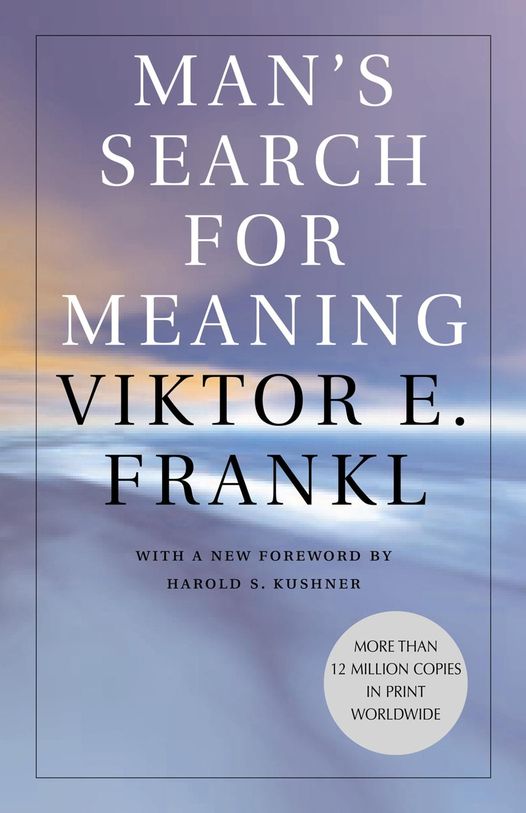Here are 10 key lessons from the book:
1. Logotherapy: Frankl introduces his psychotherapeutic approach, logotherapy, which emphasizes finding meaning in life as a primary motivator. He argues that even in the most dire circumstances, humans can find purpose and hope through their unique ability to create meaning.
2. Meaning in Suffering: Frankl, a Holocaust survivor, shares his experiences in concentration camps and how he found meaning in suffering by focusing on small goals, connecting with others, and maintaining his inner dignity. He challenges the idea that suffering is inherently meaningless and suggests that it can be an opportunity for growth and personal development.
3. Responsibility: Frankl emphasizes our responsibility to find meaning in life, even when faced with difficult choices and circumstances. He argues that we cannot control everything that happens to us, but we can control our attitude and response.
4. Importance of Relationships: Frankl highlights the importance of human connection and social support in finding meaning. He describes how his relationships with fellow prisoners and his longing for his wife helped him endure the hardships of camp life.
5. Focus on the Present: Frankl emphasizes the importance of living in the present moment and finding meaning in everyday activities. He argues that dwelling on the past or worrying about the future can rob us of the joy and purpose available in the present.
6. Humor and Creativity: Frankl describes how humor and creativity helped him and his fellow prisoners cope with the horrors of camp life. He argues that even in the darkest of times, finding ways to laugh and be creative can offer solace and hope.
7. Existential Vacuum: Frankl identifies the "existential vacuum" as a major source of psychological suffering in modern society. He argues that when people lack a sense of purpose or meaning in life, they can experience feelings of emptiness, despair, and hopelessness.
8. Finding Meaning in Everyday Life: Frankl suggests that we can find meaning in everyday life through our work, relationships, and even the smallest acts of kindness. He encourages us to look for opportunities to make a difference in the world, no matter how small.
9. The Power of Attitude: Frankl emphasizes the power of our attitude in shaping our experiences. He argues that even in difficult circumstances, we can choose to focus on what we can control and maintain a positive outlook.
10. Life Beyond Suffering: Frankl concludes his book with a message of hope and resilience. He suggests that even after enduring great suffering, we can rebuild our lives and find meaning and purpose.




